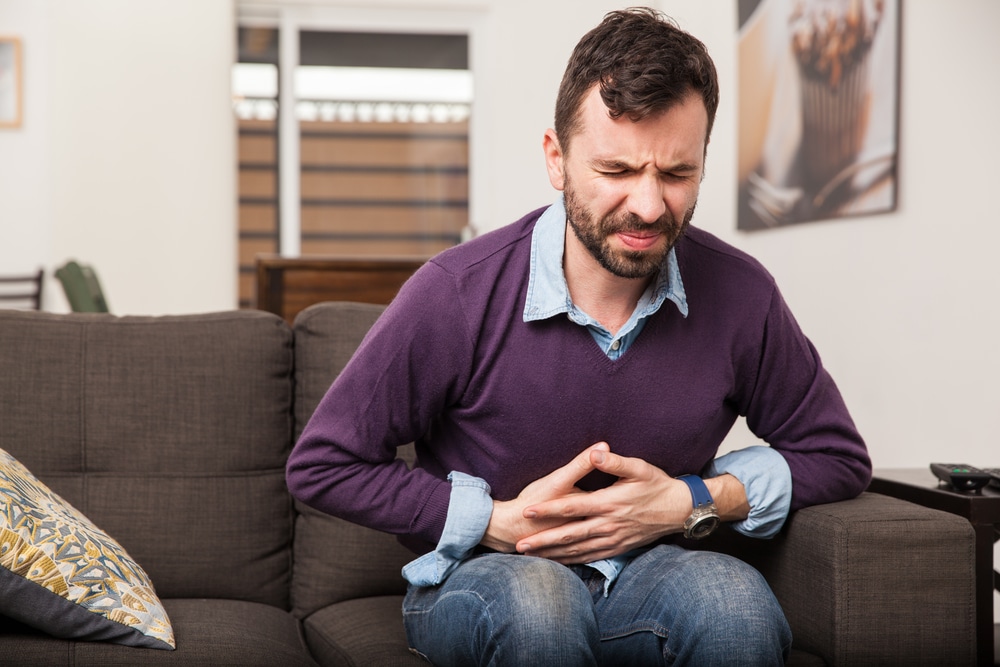
Types of Food Poisoning

Food poisoning is a common illness caused by consuming contaminated food or beverages. It can range from mild to severe and can even be life-threatening in some cases. There are three main types of food poisoning: bacterial, viral, and parasitic.
Bacterial food poisoning is caused by bacteria that contaminate food. Common types of bacterial food poisoning include E. coli, Salmonella, and Campylobacter. Symptoms of bacterial food poisoning can include nausea, vomiting, diarrhea, abdominal cramps, and fever.
Viral Food Poisoning
Viral food poisoning is caused by viruses that contaminate food. Common types of viral food poisoning include norovirus and rotavirus. Symptoms of viral food poisoning can include nausea, vomiting, diarrhea, abdominal cramps, and fever.
Parasitic Food Poisoning
Parasitic food poisoning is caused by parasites that contaminate food. Common types of parasitic food poisoning include Giardia and Cryptosporidium. Symptoms of parasitic food poisoning can include nausea, vomiting, diarrhea, abdominal cramps, and fever.
Causes of Food Poisoning

Food poisoning is a prevalent health issue caused by consuming contaminated food or beverages. Understanding its primary causes is crucial for preventing and mitigating its harmful effects.
Improper food handling, storage, and preparation practices are the main culprits behind food poisoning outbreaks. These practices can introduce harmful bacteria, viruses, parasites, or toxins into food, making it unsafe for consumption.
Foodborne Pathogens
Foodborne pathogens are microorganisms that can cause food poisoning when ingested. Common pathogens include bacteria like Salmonella, Escherichia coli (E. coli), Campylobacter, and Listeria monocytogenes, viruses like Norovirus and Hepatitis A, parasites like Toxoplasma gondii, and toxins produced by certain types of mold.
Risk Factors
Several factors increase the risk of food poisoning, including:
- Consuming raw or undercooked foods, such as unpasteurized milk, raw meat, poultry, or seafood.
- Cross-contamination, which occurs when bacteria or other contaminants are transferred from one food to another, often through improper handling or storage.
- Consuming food that has been left at unsafe temperatures for extended periods, allowing bacteria to multiply.
Legal Rights of Food Poisoning Victims
Victims of food poisoning have legal rights to seek compensation for their injuries and losses. These rights vary from state to state, but generally include the right to file a lawsuit against the responsible party.
The most common legal claims that food poisoning victims pursue are negligence, breach of warranty, and strict liability. Negligence is the failure to exercise reasonable care, and can be proven by showing that the responsible party failed to take steps to prevent the food from becoming contaminated.
Breach of Warranty
Breach of warranty is a claim that the food was not fit for consumption, and that the responsible party made a warranty that it was. Strict liability is a claim that the responsible party is liable for damages regardless of fault. This type of claim is often used in cases where the food was contaminated with a harmful substance.
It is important for food poisoning victims to seek legal representation to protect their rights. An attorney can help victims to file a lawsuit, negotiate a settlement, and obtain compensation for their injuries and losses.
Finding a Food Poisoning Lawyer

If you or a loved one has suffered from food poisoning, finding a qualified attorney can be crucial in pursuing legal action and seeking compensation. Here are some guidelines to help you find the right food poisoning lawyer:
Experience and Qualifications
Look for attorneys who specialize in food poisoning cases and have a proven track record of success. Check their websites, online reviews, and ask for references from past clients. Consider their knowledge of food safety laws, experience in handling similar cases, and their ability to negotiate with insurance companies.
Communication and Responsiveness
It’s essential to choose a lawyer who is responsive and communicates effectively. Look for attorneys who are willing to answer your questions, provide regular updates on your case, and keep you informed throughout the process. Consider their availability and preferred methods of communication.
Fees and Costs
Discuss fees and costs upfront to avoid any surprises. Some attorneys may offer contingency fees, where they only get paid if they win your case. Others may charge hourly rates or a combination of both. Understand the fee structure and any additional expenses that may arise.
Contingency Fee Agreements
Contingency fee agreements are common in food poisoning cases. Under this arrangement, the attorney’s fees are paid as a percentage of the settlement or judgment you receive. This can be beneficial if you have limited financial resources, as you won’t have to pay any upfront costs. However, it’s important to understand the terms of the contingency fee agreement and ensure that the attorney has a strong track record of success.
The Legal Process for Food Poisoning Cases
Food poisoning cases can be complex and challenging, but an experienced lawyer can help you navigate the legal process and get you the compensation you deserve. Here is a timeline of the typical legal process for food poisoning cases:
1. Investigation: The first step is to investigate the cause of your food poisoning. This may involve gathering evidence such as medical records, food samples, and witness statements.
2. Filing a Claim: Once you have gathered evidence, you can file a claim with the insurance company of the responsible party. The claim will typically include a demand for compensation for your damages, such as medical expenses, lost wages, and pain and suffering.
3. Negotiation: The insurance company will likely try to negotiate a settlement with you. It is important to have an attorney represent you during negotiations to ensure that you get a fair settlement.
4. Trial: If you cannot reach a settlement with the insurance company, you may have to go to trial. A trial is a formal proceeding in which a judge or jury will hear evidence and decide your case.
5. Appeal: If you are not satisfied with the outcome of your trial, you may be able to appeal the decision. An appeal is a request to a higher court to review the decision of the lower court.
The legal process for food poisoning cases can be lengthy and complex, but it is important to remember that you have rights. If you have been injured by food poisoning, do not hesitate to contact an experienced lawyer to discuss your legal options.





